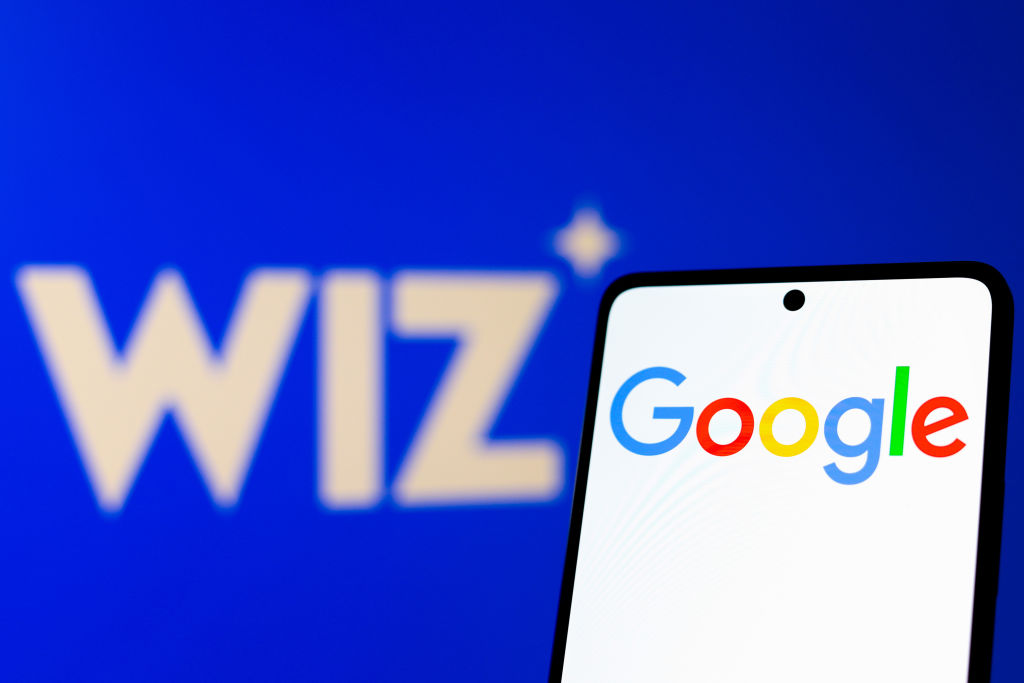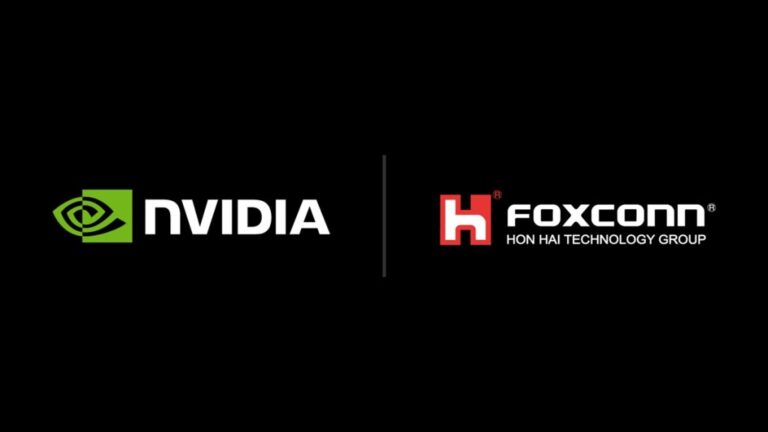Unlocking Multicloud Potential: Why Google’s $32B Wiz Acquisition is a Game Changer
In a landmark move, Google has announced its acquisition of security startup Wiz for an astonishing $32 billion. This deal comes with the stipulation that Wiz will operate as a “multicloud” offering, indicating that its services will not be limited exclusively to Google Cloud. This strategic decision highlights both the challenges and opportunities that lie ahead for the tech giant.
Understanding the Importance of Customer Retention
One of the primary motivations behind this acquisition is Wiz’s impressive customer base. Currently, the startup boasts an annual revenue rate of $700 million and was projected to reach $1 billion shortly before the acquisition news broke.
Maintaining existing customers is crucial for Google and Wiz. Many customers are currently utilizing a hybrid cloud model, and it’s essential to retain their loyalty amidst this transition. Here are key points regarding customer retention:
- Wiz’s appeal lies in its ability to support various cloud platforms.
- Google must ensure that existing customers do not feel compelled to seek alternative security providers.
- Wiz leadership has proactively communicated with clients to reassure them that services will remain unchanged.
Antitrust Regulations and Market Dynamics
The acquisition of Wiz is not without its challenges, particularly regarding antitrust regulations. Google has faced scrutiny over its market dominance, and this deal could attract significant regulatory attention.
Recent shifts in the regulatory environment may influence the outcome:
- The U.S. has seen a change in administration, leading to uncertainty about antitrust enforcement.
- The U.K. has adopted a more favorable stance towards Big Tech, promoting a business-friendly environment.
Even if regulatory hurdles persist, Google’s multicloud strategy could mitigate potential antitrust concerns. By emphasizing Wiz’s compatibility with different cloud platforms, Google can position itself as a supporter of competition in the cloud services market.
The Competitive Landscape of Cloud Services
Google’s decision to adopt a multicloud approach is also driven by its current standing in the cloud market. According to Statista, as of Q4 2024, Google Cloud holds only 12% of the global market share, significantly trailing behind AWS at 30% and Azure at 21%.
Several factors contribute to Google Cloud’s slower growth:
- AWS has a head start in the cloud services field.
- Microsoft’s strong enterprise ecosystem and partnerships give it an edge.
- Google’s previous strategies have not effectively captured enterprise customer interest.
However, Google Cloud CEO Thomas Kurian believes that the acquisition of Wiz will enhance their multicloud capabilities, stating, “Multicloud is something our customers want.” This strategy allows organizations to integrate new IT projects with existing investments, ensuring flexibility and vendor choice.
The Future of Multicloud and AI Integration
As the landscape of cloud services evolves, AI could play a pivotal role in reshaping how enterprises manage their data. Kurian envisions a future where AI architectures may lead organizations to centralize their data in one cloud provider, potentially diminishing the need for multicloud protection. However, robust security for centralized data will remain a priority.
Ultimately, the success of this acquisition hinges on whether regulators and customers embrace Google’s multicloud vision. As the tech giant navigates these challenges, it will be crucial to monitor how this strategy unfolds in the competitive landscape.
For more insights on cloud technology and cybersecurity, visit our related articles on cloud security and multicloud strategies.







